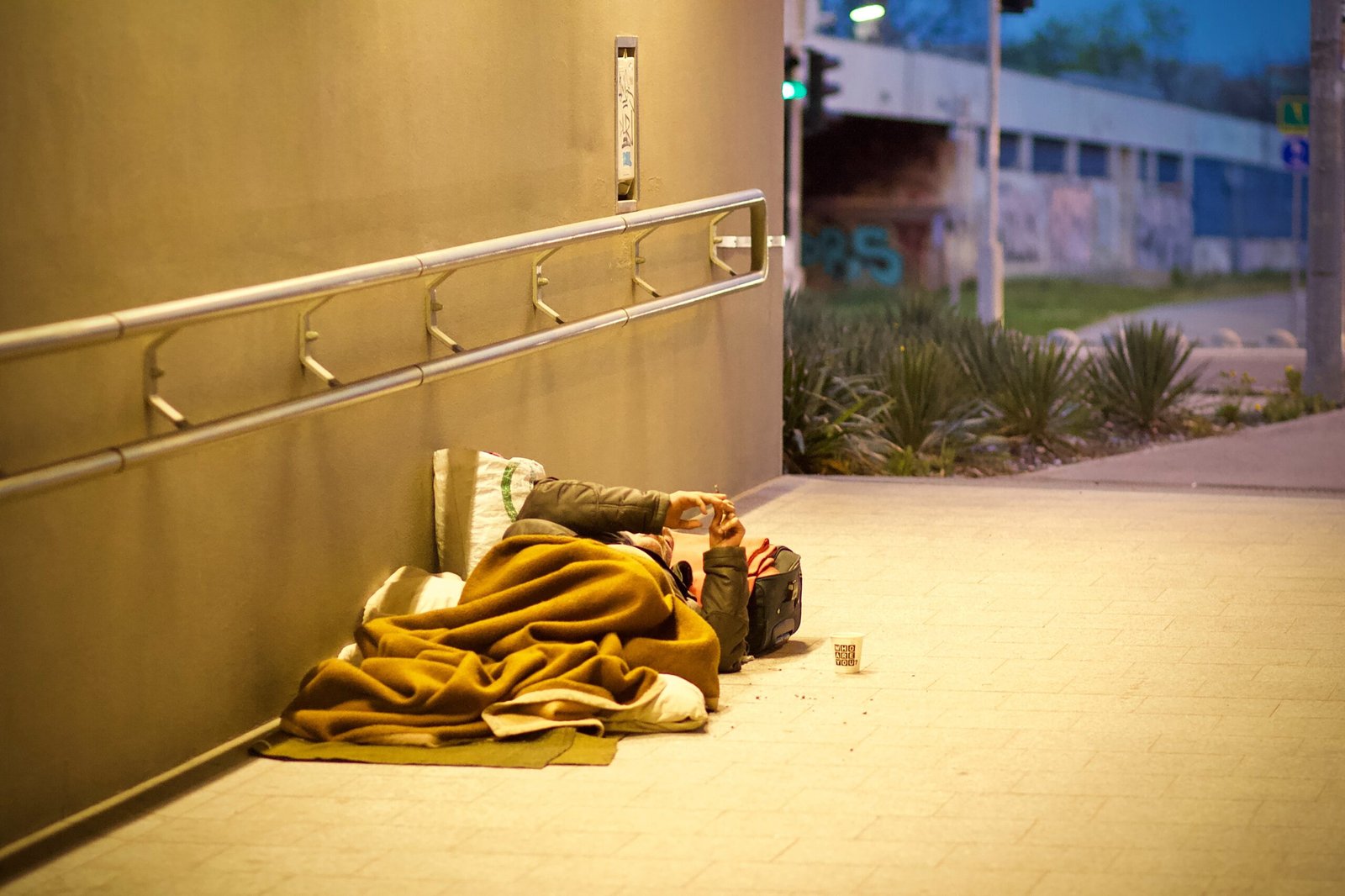The Link Between Poor Appetite and Digestive Health

Having a poor appetite or feeling worse after eating can be a cause for concern. It is important to examine the health of the liver and the overall digestive mechanism in such cases. When the digestive mechanism of the mouth, stomach, or intestinal lumen is not functioning properly, undigested food particles called antigens can flood the body, causing various issues.
One common result of an overloaded liver is fatigue. Additionally, a telltale sign of liver overload is the appearance of blue patches under the eyes, making a person look tired or jet-lagged. Another reason for a poor appetite or feeling worse after eating is the possibility of food poisoning. When the immune system is triggered by certain foods, it consumes a significant amount of energy, leading to fatigue. This immune response can also cause a rise in body temperature, making a person feel hot and uncomfortable.
It is surprising how many individuals experience these symptoms regularly without seeking help until they become severely ill. It is crucial to understand that liver and gallbladder dysfunction can also contribute to feeling tired after eating. Inefficient digestion of fats can slow down the body and hinder the energy production process. Balancing carbohydrate, protein, and fat intake is essential for maintaining optimal energy levels.
If the gallbladder is not functioning effectively, pain behind the right knee may occur within an hour or two after a meal. This area is a reflex zone for the gallbladder, and swelling in the knee may also be observed. By addressing these issues and improving digestion through a balanced diet and lifestyle changes, individuals can experience better overall well-being in their amazing and resilient bodies.
Remember, it is important to consult a healthcare professional for a proper diagnosis and personalized treatment plan if you are experiencing persistent symptoms related to poor appetite or feeling worse after eating.




Responses